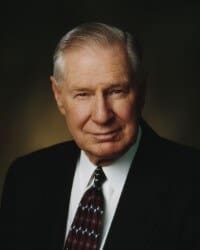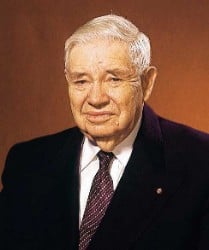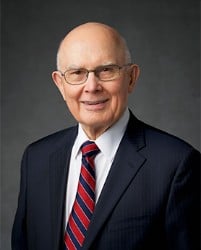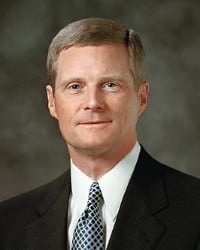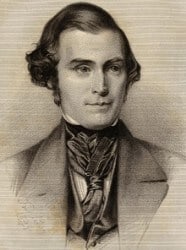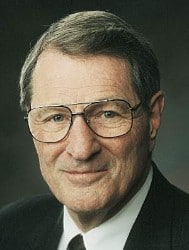
“Jacob, in 2 Nephi 9:41, in speaking of the straight and narrow, reminds us that ‘the keeper of the gate is the Holy One of Israel’ and that Jesus ‘employeth no servant there.’ The emphasis rightly is on the fact that Jesus ‘cannot be deceived.’ There is another dimension of reassurance, too: not only will the ultimate judgment not be delegated in order to serve the purposes of divine justice, but also divine mercy can best be applied by him who knows these things what only he can know.”
| For the Power Is in Them (Salt Lake City: Deseret Book, 1970), 37.
